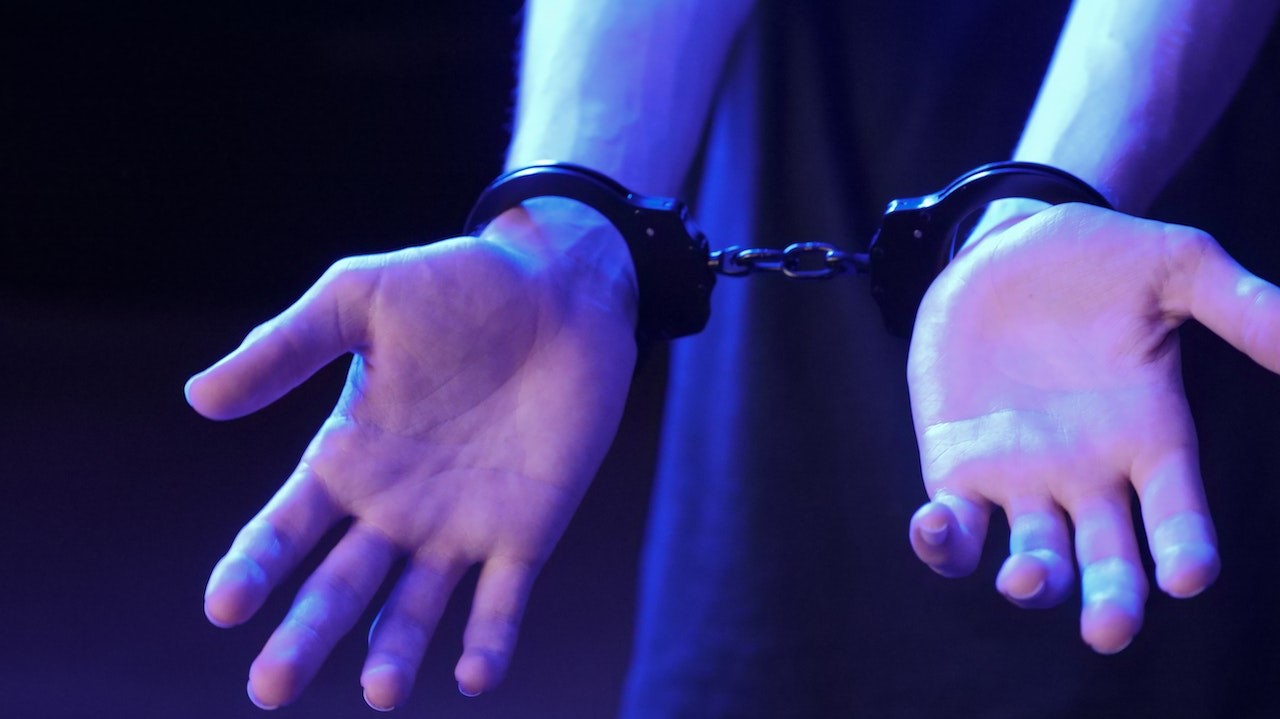280,000 Crimes Unrecorded: What This Means for Policing and Defence

The issues and implications of the latest report
A new report from His Majesty’s Inspectorate of Constabulary and Fire and Rescue Services (HMICFRS) has revealed that over 280,000 crimes went unrecorded last year, raising serious concerns about the accuracy of crime data and the impact on victims.
While overall crime recording has improved since 2014, with nearly 95% of crimes now recorded, gaps remain — particularly in relation to anti-social behaviour, violent offences, and crimes against vulnerable people. As criminal defence solicitors, this raises important questions about fairness, consistency, and the reliability of evidence in court.
Key Findings from the Report
Between 2021 and 2025, the inspectorate found:
- Only 51.9% of anti-social behaviour crimes targeting individuals or groups were recorded.
- 37.9% of violent crimes that went unrecorded related to harassment, stalking, or coercive control.
- Just 78% of crimes were recorded within 24 hours on average — with some forces taking over a week to log offences.
- The correct procedure for unconfirmed rape reports was followed in fewer than 70% of cases sampled.
Inspector Roy Wilsher said crime recording must be accurate and prompt to maintain public confidence and ensure victims are protected.
The Defence Perspective
For defence lawyers, inconsistent crime recording raises several challenges:
- Evidence reliability: If crimes are not recorded correctly, this can undermine the integrity of investigations and lead to disputes about the evidence.
- Delayed investigations: Late recording may mean crucial evidence is lost, making it harder for both prosecution and defence to present a fair case.
- Victims and defendants at risk: Poor record-keeping can leave victims without protection, while defendants may face charges based on incomplete or flawed data.
- Inconsistency across forces: With some police forces far behind others, defendants may be treated very differently depending on where an incident is reported.
Why Recording Accuracy Matters
Accurate crime data is essential for fair trials. Courts rely on police records to establish timelines, support witness testimony, and test the credibility of evidence. If police forces fail to record crimes promptly or at all, this may weaken prosecutions — but also complicate the defence of those accused.
In cases involving serious allegations such as harassment, stalking, or domestic abuse, errors in recording can distort the picture presented in court, risking miscarriages of justice.
Info: What To Do If the Police Mishandle Your Case Report
If you believe the police have failed to record your report correctly or delayed logging it, here are steps you can take:
- Request a crime reference number: Always ask for this when reporting a crime. If you don’t receive one, the incident may not have been logged.
- Follow up in writing: Email or write to the police with details of your report so there is a paper trail.
- Make a formal complaint: Raise concerns with the police’s Professional Standards Department, or escalate to the Independent Office for Police Conduct (IOPC).
- Seek legal advice: A defence solicitor can advise whether poor record-keeping affects your case — whether as a victim or accused.
- Consider judicial review: In rare but serious cases, legal action may challenge police failures where injustice has occurred.
Accurate reporting is vital for justice. If you have concerns about how your case has been handled, seek legal advice without delay.
Progress, But More to Do
While the inspectorate acknowledged improvements since 2014, the findings highlight that progress is uneven. Anti-social behaviour and violent crime remain under-recorded at worrying levels.
This not only undermines public trust in policing but also leaves both victims and suspects exposed to unfair outcomes.
Conclusion
For the justice system to work, both victims and defendants must be able to trust that crimes are recorded accurately and without delay. As defence solicitors, we will continue to scrutinise how failures in crime recording affect prosecutions, ensuring that our clients receive a fair trial and that justice is applied consistently.
How We Can Help
If you – or someone you know – faces arrest or would like to find out more about our your legal representation services – our experts are hand to help. Call us 0161 477 1121 or Message Us to speak to one of our team.


